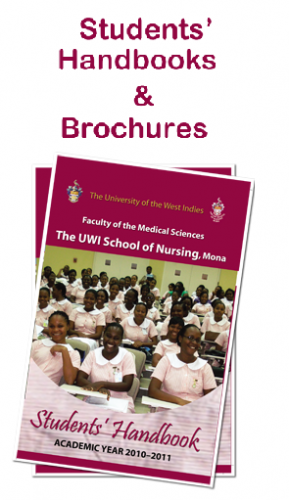Factors contributing to decrease compliance with secondary prophylaxis in clients with rheumatic fever in Jamaica.
Abstract
Objectives: To determine the level of adherence and possible barriers to secondary prophylaxis among clients with rheumatic fever in Kingston, Jamaica.
Methods: Cross-sectional survey of 39 clients diagnosed with rheumatic fever, receiving penicillin prophylaxis for more than a year using a 22-item self-administered questionnaire on adherence to secondary prophylaxis and knowledge of rheumatic fever. The patients’ records were reviewed to determine the number of prophylaxis injections the patients received for the year 2010.
Results: The majority of participants (74%) were females and 51% were adults. Only 48·7% had a high level of adherence. The majority (72%) had low knowledge levels regarding their illness, while only 5% had a high knowledge level score. Most clients (70%) strongly agreed that nurses and doctors encouraged them to take their prophylaxis. However, over 60% reported that they travelled long distances and or waited long periods to get their injections. One-third reported that they missed appointments because of fear of injections and having to take time off from work or school.
Discussion: Clients attending the health centers studied had limited knowledge about rheumatic fever. Barriers to adherence included fear of the injections, long commutes, and long waiting periods at the facilities studied.
Boswell-Thompson, S., Hepburn-Brown, C., Edwards, A. & Lindo, JLM.
